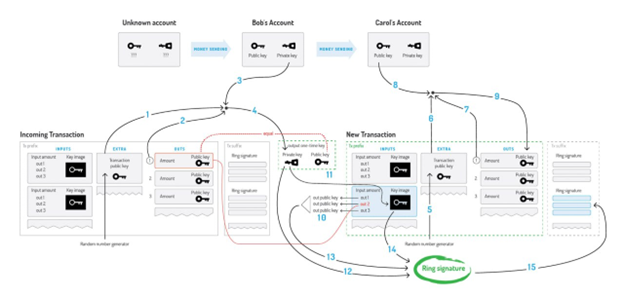El Salvador Is The First Country To Make Bitcoin Legal Tender
El Salvador, the first country to make Bitcoin legal tender, and to adopt a Bitcoin investment strategy for its national treasury, has now accumulated over $400 million worth of Bitcoin.
President Nayib Bukele led the effort to pass a law making Bitcoin legal tender in 2021. Since then, the country has purchased Bitcoin through daily and periodic purchases announced by Bukele on X.
In addition to direct purchases, El Salvador also generates Bitcoin through a passport program, converts BTC to dollars for businesses, and mines Bitcoin, all of which demonstrates the country’s commitment to building a circular Bitcoin economy.
Bukele recently revealed the government’s Bitcoin address for the first time to the public. Bukele has stated that Bitcoin is held in a state-run “piggy bank” style cold storage vault. He also mentioned that they will be buying 1 Bitcoin every day until “Bitcoin becomes unaffordable with fiat currencies.”
El Salvador has purchased over 5,700 BTC to date at an average price of around $42,700. With Bitcoin recently surging past $70,000, the country’s holdings are up nearly $80 million.
President Bukele Touts Bitcoin To Boost El Salvador’s Economy
The president believes Bitcoin will help boost El Salvador’s economy through tourism, remittances, and foreign investment. Bitcoin’s fixed supply also stands to appreciate against the U.S. dollar over time.
Bukele has frequently touted Bitcoin on X, stating,” When Bitcoin’s market price was low, [critics] wrote literally thousands of articles about our supposed losses.” Now, with Bitcoin soaring, the investment is paying off.
While initially controversial, Bukele’s Bitcoin play now looks prescient. If adoption continues accelerating globally, El Salvador’s massive early investment could someday make it the world’s first Bitcoin-rich nation.
El Salvador’s bold move to embrace Bitcoin as legal tender has sparked both praise and skepticism. Here’s a closer look at the impact on the country’s economy:
- Bitcoin Reserves and Profit Potential:
- President Nayib Bukele’s government purchased 2,764 BTC using public funds.
- The value of these holdings has now exceeded the initial investment, with El Salvador sitting on over $400 million worth of Bitcoin.
- If the country were to sell now, it could realize substantial profits.
- Mixed Reactions:
- Bukele’s decision faced criticism, but he remains steadfast.
- While Bitcoin enthusiasts celebrate his foresight, economists urge caution.
- The $120 million spent on Bitcoin is just part of the funds used to promote cryptocurrency adoption in El Salvador.
- Challenges and Expenses:
- El Salvador invested in developing the Chivo Wallet, installing ATMs, and offering bonuses to citizens.
- However, many ATMs are non-functional, and expenses have added up.
- Critics argue that the overall result is in the red—not the success Bukele claims.
In summary, El Salvador’s Bitcoin journey is a high-risk experiment with potential benefits and challenges. The world watches as this small nation navigates uncharted waters in the crypto realm.
How has El Salvador’s economy responded to using Bitcoin?
El Salvador’s bold move to embrace Bitcoin as legal tender has sparked both praise and skepticism. Here’s a closer look at the impact on the country’s economy:
- Bitcoin Reserves and Profit Potential:
- President Nayib Bukele’s government purchased 2,764 BTC using public funds.
- The value of these holdings has now exceeded the initial investment, with El Salvador sitting on over $400 million worth of Bitcoin.
- If the country were to sell now, it could realize substantial profits.
- Mixed Reactions:
- Bukele’s decision faced criticism, but he remains steadfast.
- While Bitcoin enthusiasts celebrate his foresight, economists urge caution.
- The $120 million spent on Bitcoin is just part of the funds used to promote cryptocurrency adoption in El Salvador.
- Challenges and Expenses:
- El Salvador invested in developing the Chivo Wallet, installing ATMs, and offering bonuses to citizens.
- However, many ATMs are non-functional, and expenses have added up.
- Critics argue that the overall result is in the red—not the success Bukele claims.
In summary, El Salvador’s Bitcoin journey is a high-risk experiment with potential benefits and challenges. The world watches as this small nation navigates uncharted waters in the crypto realm.
Related posts:
- Why Bitcoin Price is falling down ?
- Top Crypto Presale: Investor Enthusiasm Peaks as BlockDAG Batch 4 Presale Nears End Amid Quant and Dogecoin Price Surges
- The Bitcoin Company Launches Instant Cross-Border Payment API For Mexico and Brazil
- America’s Crypto Regulation Model Should Emulate The Caribbean






